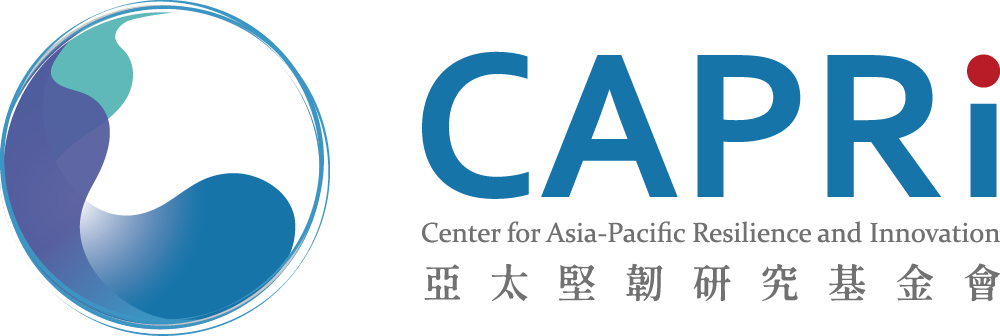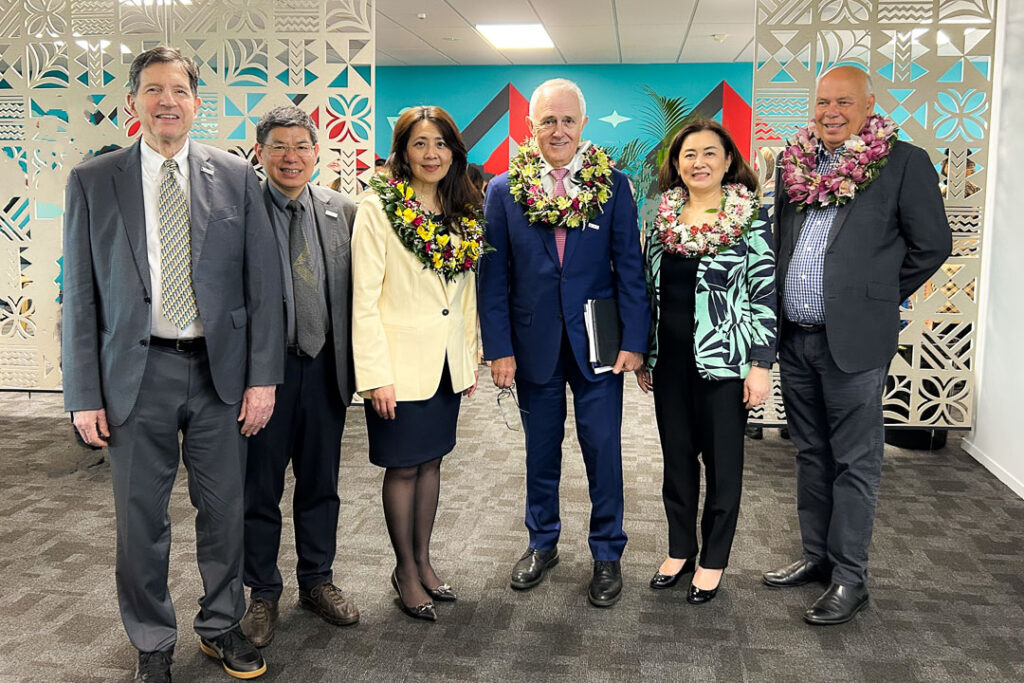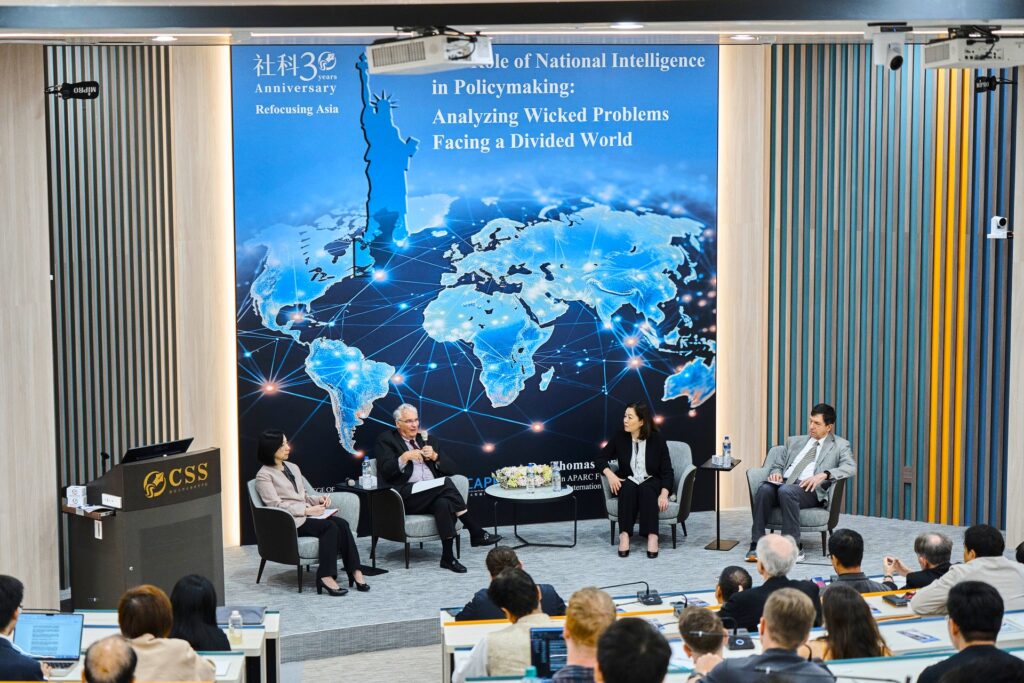TAIPEI, TAIWAN January 11, 2023—The world needs a new global health body to prevent future pandemics, said Matt and Yen Pottinger, former advisors to the US government in national security and disease surveillance, in a public forum by the Center for Asia-Pacific Resilience and Innovation (CAPRI) on Wednesday. Better accountability, more transparency, and enhanced coordination between countries are needed to learn from this pandemic and prevent the next one.
“The world needs to continue building resilience in global health with innovative policy solutions,” said Professor Syaru Shirley Lin, chair and founder of CAPRI, in her opening remarks on Wednesday. “But as the world attempts to return to normal, governments have not learned all the lessons. Evidence-based solutions and bold leadership are required to prevent the next pandemic,” said Lin.
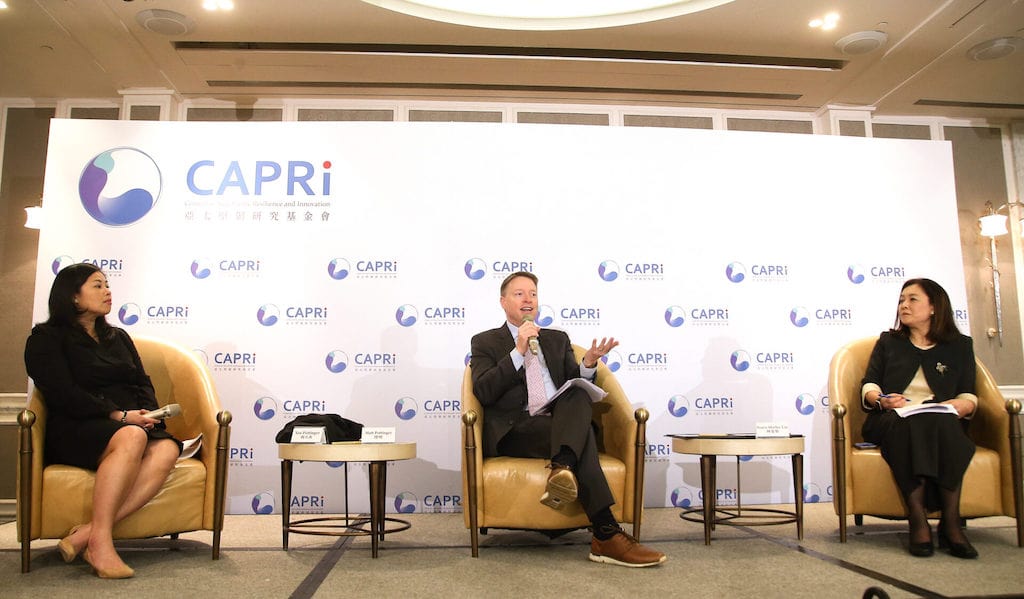
“One of the lessons of this pandemic was the need for a new international body, on the backbone of democratic societies, that can respond quickly and share information on new outbreaks,” said Mr. Pottinger, who served as Deputy National Security Advisor during the Trump administration. “This body would supplement work the WHO already does; the WHO is a normative body that can’t enforce roles or respond to fast-moving threats,” he added. Pottinger was one of the first officials in the US government to flag the virus as a national security concern, and he relied on information and warnings from Taiwan to communicate the threat of COVID-19 to American decision makers.
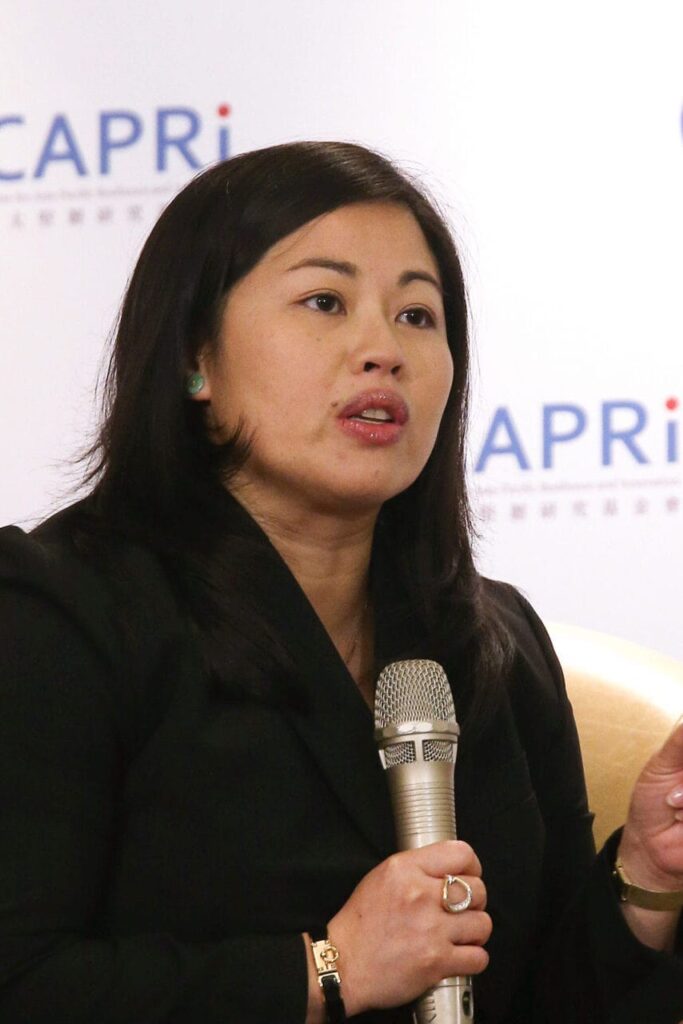
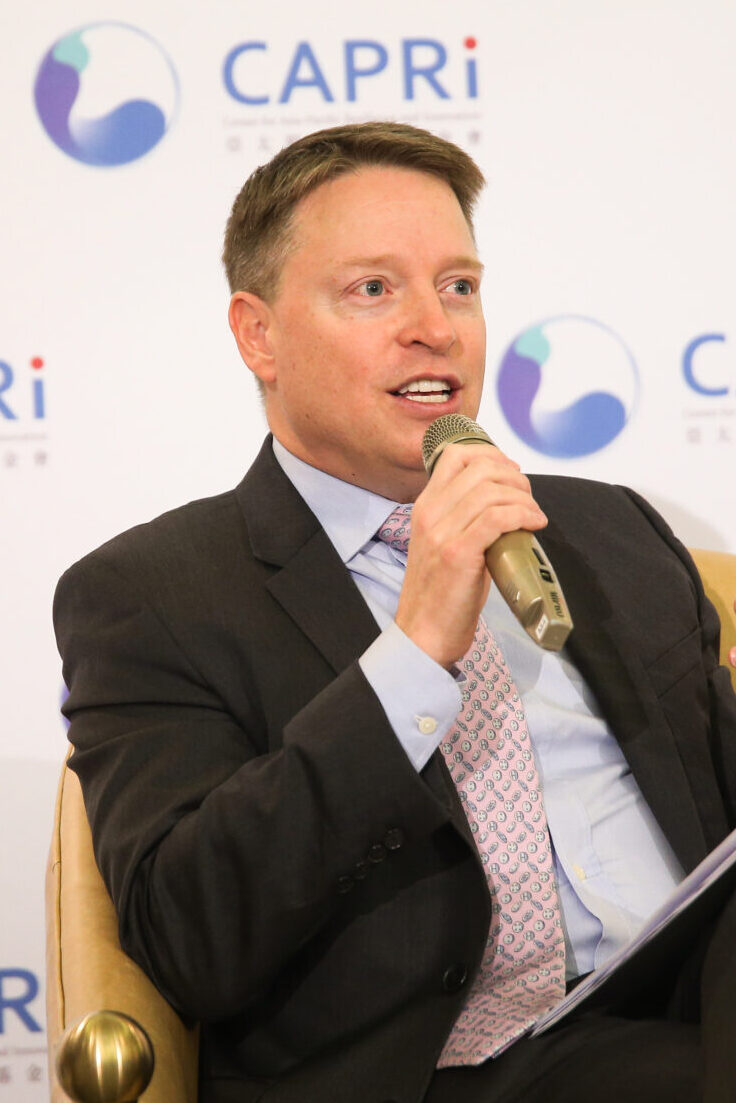
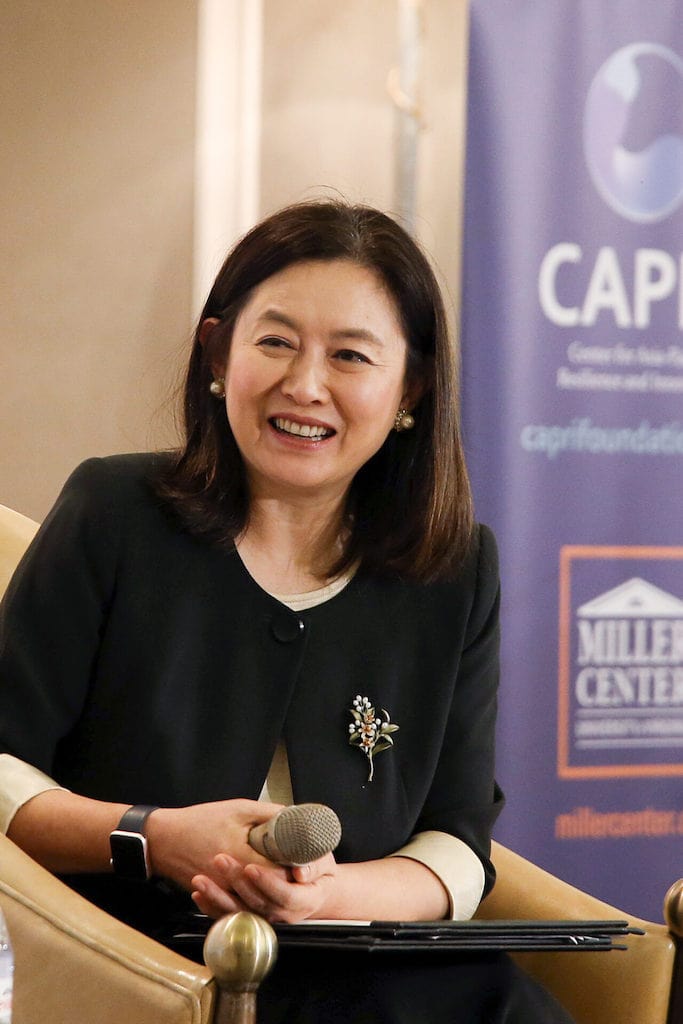
“Taiwan is an example for every nation on how to manage surveillance and response early on to mitigate and prevent infections,” said Dr. Yen Pottinger, an infectious disease specialist and senior laboratory advisor at Columbia University. Dr. Pottinger has advised the US Centers for Disease Control and numerous ministries of health on SARS-CoV-2 diagnostic testing and safety protocols. “Regardless of where COVID-19 came from, we need global standards for research labs to enhance safety and prevent the next pandemic,” she said. “Not doing this has large repercussions for humanity.”
